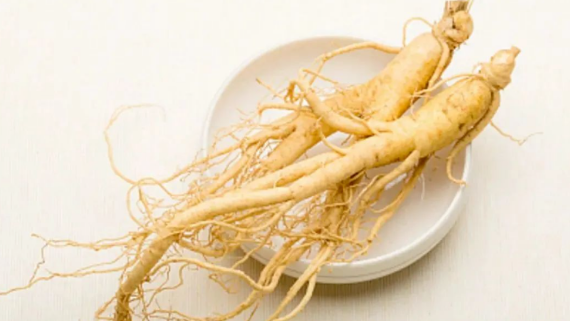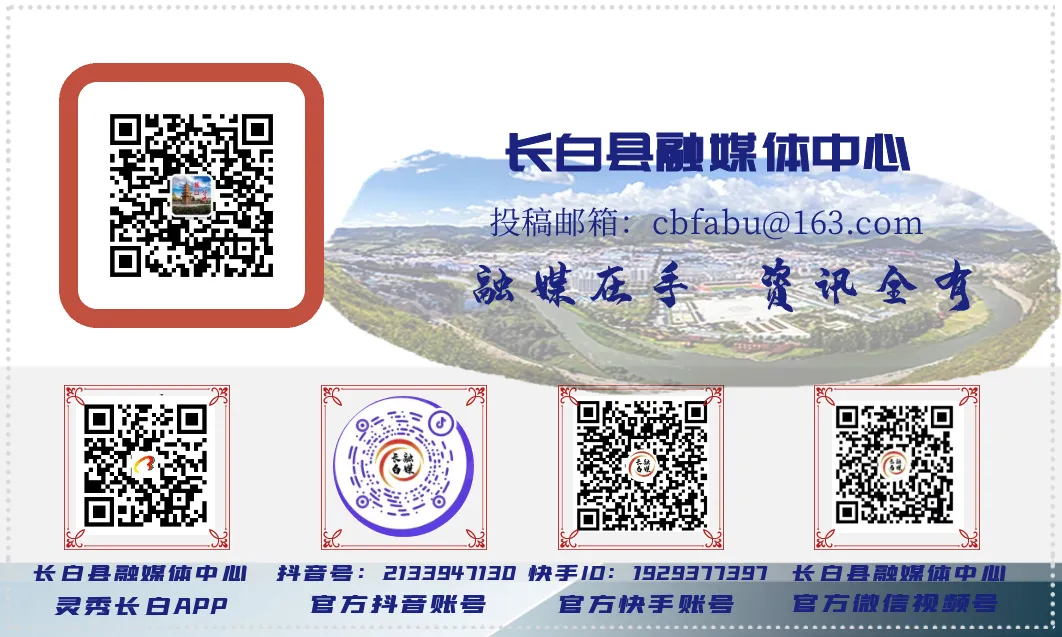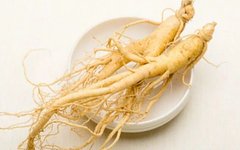
The King of Herbs – Ginseng

Ginseng is Sweet in Taste
Greatly Tonifies Vital Qi
Quenches Thirst and Generates Fluids
Regulates Nutritional Qi
Ginseng (Ren Shen), a perennial herb, thrives in cool, moist climates, typically growing in mixed coniferous and broadleaf forests at altitudes of 500 to 1100 meters where the temperature difference between day and night is small. Its root is large and spindle-shaped, often forked, resembling a human head, hands, feet, and limbs, hence the name Ginseng. In ancient times, Ginseng was also known as Huang Jing, Di Jing, and Shen Cao. Ginseng is referred to as the “King of Herbs” and is one of the renowned “Three Treasures of Northeast China” (Ginseng, Mink Fur, Deer Antler), a precious medicinal material known both domestically and internationally.




Properties and Channels

【Main Medicinal Properties】Neutral in nature, sweet in taste, slightly bitter, and mildly warm. It enters the Spleen and Lung meridians.
【Basic Efficacy】Greatly tonifies Vital Qi, restores pulse and stabilizes collapse, tonifies Spleen and benefits Lung, generates fluids and quenches thirst, calms the mind and benefits intelligence.


Different Methods of Using Ginseng

Ginseng Hair: Mostly refers to the hair of red ginseng, which has similar properties to red ginseng but is milder and less potent.
Raw Dried Ginseng: Has a more neutral nature, neither warming nor drying, can tonify Qi and generate fluids, suitable for strengthening the body and enhancing disease resistance.
White Ginseng (Sugar Ginseng): Often made from shorter, lower quality Korean ginseng, briefly boiled in hot water, soaked in sugar juice, and then dried.
Effects of White Ginseng (Sugar Ginseng): Most neutral in nature, relatively mild in potency, suitable for tonifying Spleen and benefiting Lung.
Wild Mountain Ginseng: Lacks warming and drying properties, greatly tonifies Vital Qi, considered the best among ginseng, but is rare and expensive, rarely used.
Red Ginseng: Steamed with high-temperature steam for 2 hours until fully cooked, dried, and then the hair is removed, pressed into irregular cylindrical shapes. Effects of Red Ginseng: Warming and tonifying. It tonifies Qi with a strong warming and drying nature, excels in invigorating Yang Qi, suitable for emergency revival.


Records of Ginseng Efficacy
 Treatment of Qi Deficiency in Nutritional and Defensive Qi:Weakness of the organs, fullness in the heart and abdomen, loss of appetite, bowel sounds, diarrhea, vomiting: Ginseng (remove the skin), Bai Zhu (Atractylodes), Fu Ling (Poria, remove the skin), Gan Cao (Licorice, roasted) in equal parts. Grind into a fine powder, take 6 grams, boil in one cup of water until reduced to 70%, and take orally at any time, adding a little salt, or drink with white soup. Regular use warms the Spleen and Stomach, enhances appetite, and dispels cold pathogens and miasma. (From the Four Gentlemen Decoction).Deficiency of Vital Qi: This herb can greatly tonify Vital Qi, restore pulse and stabilize collapse, making it a crucial medicine for rescuing from critical conditions. It is suitable for cases of extreme Qi deficiency due to excessive sweating, diarrhea, blood loss, or prolonged illness, characterized by shortness of breath, fatigue, and weak pulse. It is effective when used alone, such as in the Ginseng Decoction (from the Complete Book of Jingyue). If Qi deficiency is accompanied by sweating and cold limbs, it should be used with Fu Zi (Aconite) to tonify Qi and stabilize collapse while reviving Yang, such as in the Ginseng and Aconite Decoction (from the Essentials of the Body). If Qi deficiency is accompanied by sweating and warm body, thirst with preference for cold drinks, and a red, dry tongue, this herb can also generate fluids, often combined with Mai Dong (Ophiopogon) and Wu Wei Zi (Schisandra) to tonify Qi and nourish Yin.
Treatment of Qi Deficiency in Nutritional and Defensive Qi:Weakness of the organs, fullness in the heart and abdomen, loss of appetite, bowel sounds, diarrhea, vomiting: Ginseng (remove the skin), Bai Zhu (Atractylodes), Fu Ling (Poria, remove the skin), Gan Cao (Licorice, roasted) in equal parts. Grind into a fine powder, take 6 grams, boil in one cup of water until reduced to 70%, and take orally at any time, adding a little salt, or drink with white soup. Regular use warms the Spleen and Stomach, enhances appetite, and dispels cold pathogens and miasma. (From the Four Gentlemen Decoction).Deficiency of Vital Qi: This herb can greatly tonify Vital Qi, restore pulse and stabilize collapse, making it a crucial medicine for rescuing from critical conditions. It is suitable for cases of extreme Qi deficiency due to excessive sweating, diarrhea, blood loss, or prolonged illness, characterized by shortness of breath, fatigue, and weak pulse. It is effective when used alone, such as in the Ginseng Decoction (from the Complete Book of Jingyue). If Qi deficiency is accompanied by sweating and cold limbs, it should be used with Fu Zi (Aconite) to tonify Qi and stabilize collapse while reviving Yang, such as in the Ginseng and Aconite Decoction (from the Essentials of the Body). If Qi deficiency is accompanied by sweating and warm body, thirst with preference for cold drinks, and a red, dry tongue, this herb can also generate fluids, often combined with Mai Dong (Ophiopogon) and Wu Wei Zi (Schisandra) to tonify Qi and nourish Yin.

Warm Reminder
Should not be taken in cases of heat syndrome with no deficiency of righteous Qi.
Avoid using with Li Lu (Veratrum) and Wu Ling Zhi (Flying Squirrel Feces), and should not be used together with Soapberry.
Source: InternetInitial Review: Li XiaofanSecond Review: Zhou JingFinal Review: Wang He


